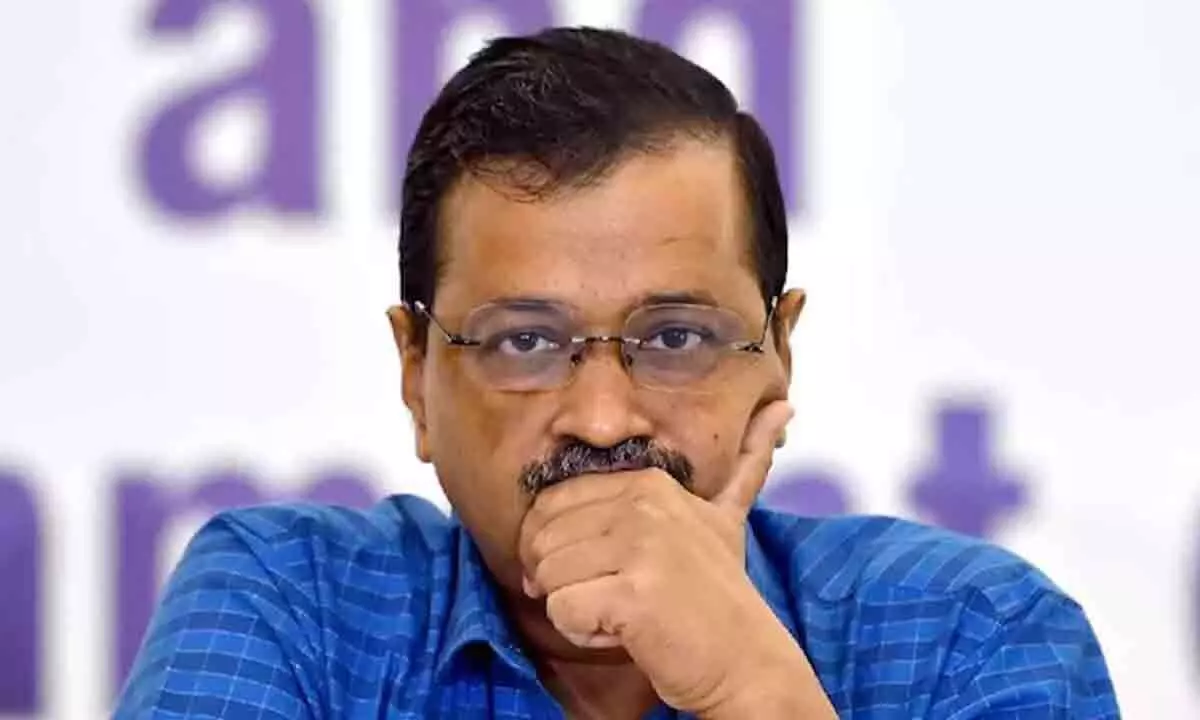Live
- AIIMS adds 2 new MRI machines to provide more efficient & timely radiology diagnosis
- Ram Gopal Varma evades police questioning
- NFR's top Safety Officer missing after being swept away in Arunachal Pradesh's Lohit River
- Sensex closes up by 992 points, Adani Ports, L&T top gainers
- Heatwave driving elevated blackout risk in Australia's most populous state
- Two autopsy assistants of RG Kar arrested on extortion charges
- Tigress ‘Zeenat’ released into wild in Similipal
- Winning bypolls does not mean Karnataka govt is scam-free: BJP
- SIT and CBI Investigate Adulterated Ghee in Srivari Laddu Prasadam
- Fintech firm Lendingkart clocks 6 pc profit drop at Rs 175 crore in FY24









